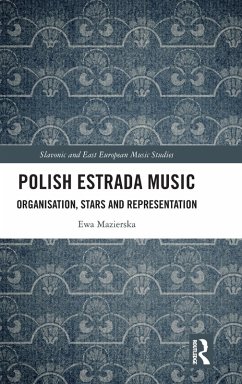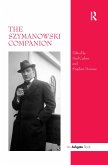Polish estrada music dominated Polish popular music throughout the state socialist period but gained little attention from popular music scholars because it was regarded as being of low quality and politically conformist. Ewa Mazierska carefully examines these assumptions, considering those institutions which catered for the needs of estrada artists and their fans, the presence of estrada in different media and the careers and styles of the leading stars, such as Mieczyslaw Fogg, Irena Santor, Violetta Villas, Anna German, Jerzy Polomski, Maryla Rodowicz, Zdzislawa Sosnicka, Zbigniew Wodecki and Izabela Trojanowska. Mazierska also discusses the memory and legacy of estrada music in the postcommunist period. The book draws on Poland's cultural and political history and the history of Polish popular music and media, including television and radio. Mazierska engages with concepts such as genre, stardom and authenticity in order to capture the essence of Polish estrada music and to provide a comparison with popular music produced in other countries.
Bitte wählen Sie Ihr Anliegen aus.
Rechnungen
Retourenschein anfordern
Bestellstatus
Storno








